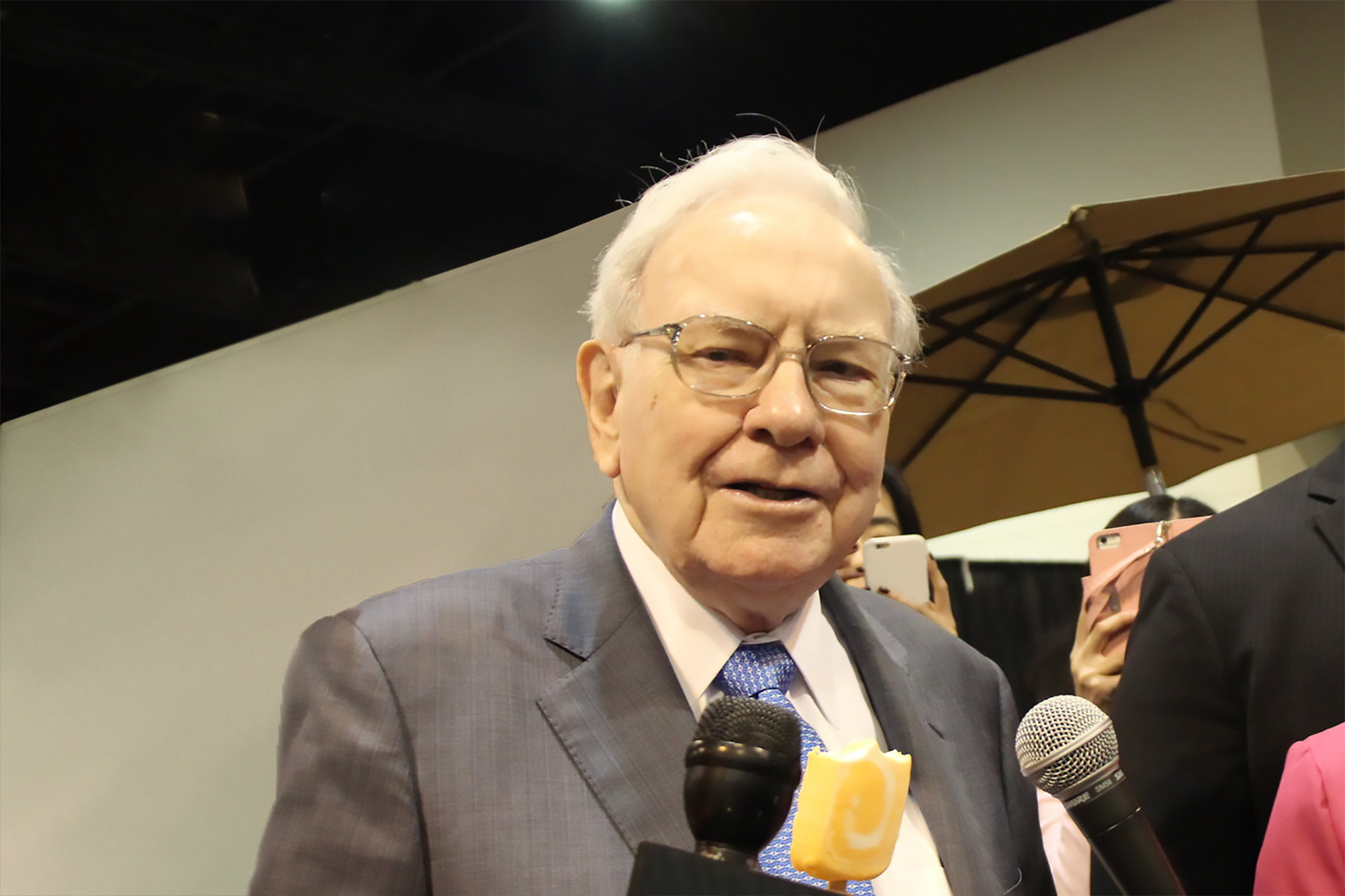Now more than ever, a comfortable retirement depends on secure, stable investments. Unfortunately, the right stocks for retirement won't just fall into your lap. In this series, I look at 10 measures to show what makes a great retirement-oriented stock.
Europe has been a scary place for investors lately, with fears of a meltdown in the eurozone hurting shares of even the most conservative companies. For energy giant Total (TOT +0.00%), valuations have retreated to ridiculously cheap levels. But is the company poised to bounce anytime soon, or will Europe put a lid on its potential gains for the long haul? Below, we'll revisit how Total does on our 10-point scale.
The right stocks for retirees
With decades to go before you need to tap your investments, you can take greater risks, weighing the chance of big losses against the potential for mind-blowing returns. But as retirement approaches, you no longer have the luxury of waiting out a downturn.
Sure, you still want good returns, but you also need to manage your risk and protect yourself against bear markets, which can maul your finances at the worst possible time. The right stocks combine both of these elements in a single investment.
When scrutinizing a stock, retirees should look for:
- Size. Most retirees would rather not take a flyer on unproven businesses. Bigger companies may lack their smaller counterparts' growth potential, but they do offer greater security.
- Consistency. While many investors look for fast-growing companies, conservative investors want to see steady, consistent gains in revenue, free cash flow, and other key metrics. Slow growth won't make headlines, but it will help prevent the kind of ugly surprises that suddenly torpedo a stock's share price.
- Stock stability. Conservative retirement investors prefer investments that move less dramatically than typical stocks, and they particularly want to avoid big losses. These investments will give up some gains during bull markets, but they won't fall as far or as fast during bear markets. Beta measures volatility, but we also want a track record of solid performance as well.
- Valuation. No one can afford to pay too much for a stock, even if its prospects are good. Using normalized earnings multiples helps smooth out one-time effects, giving you a longer-term context.
- Dividends. Most of all, retirees look for stocks that can provide income through dividends. Retirees want healthy payouts now and consistent dividend growth over time -- as long as it doesn't jeopardize the company's financial health.
With those factors in mind, let's take a closer look at Total.
|
Factor |
What We Want to See |
Actual |
Pass or Fail? |
|---|---|---|---|
|
Size |
Market cap > $10 billion |
$112 billion |
Pass |
|
Consistency |
Revenue growth > 0% in at least four of five past years |
4 years |
Pass |
|
Free cash flow growth > 0% in at least four of past five years |
2 years |
Fail | |
|
Stock stability |
Beta < 0.9 |
0.52 |
Pass |
|
Worst loss in past five years no greater than 20% |
(31.3%) |
Fail | |
|
Valuation |
Normalized P/E < 18 |
5.63 |
Pass |
|
Dividends |
Current yield > 2% |
6.1% |
Pass |
|
5-year dividend growth > 10% |
3.0% |
Fail | |
|
Streak of dividend increases >= 10 years |
0 years |
Fail | |
|
Payout ratio < 75% |
48.4% |
Pass | |
|
Total score |
6 out of 10 |
Source: S&P Capital IQ. Total score = number of passes.
Since we looked at Total last year, the company has held onto its six-point score, with faster revenue growth offsetting a drop in dividend growth. The stock has also essentially treaded water over the past year, barely moving from its year-ago levels.
Total hasn't had the best of years. Oil prices have been on the decline since their highs early this year, and fears about the European economy have caused doubts about the strength of energy demand on the Continent. Moreover, with the Iraqi oil ministry threatening to cut all of Total's contracts due to tension with Iraqi Kurds and a $7.5 billion gas leak at its North Sea Elgin wellhead platform, Total has had more than its share of situations to deal with.
But Total isn't the only company facing some major headwinds recently. In their latest quarterly reports, both ExxonMobil (XOM 0.54%) and Chevron (CVX +0.07%) posted weaker production as well as falling prices. Total has the advantage of being able to sell most of its production into stronger Brent oil markets, but even so, the environment remains difficult for the company.
Moreover, Total is priced for all of these difficulties and then some. Even BP (BP 0.06%), which has been plagued with huge liability after its Gulf oil spill, fetches a higher earnings multiple than Total. Even when you consider the plunge in solar company SunPower (SPWR +0.00%), in which Total took a big stake, it's hard to argue that Total is overpriced.
For retirees and other conservative investors, Total's cheap valuation makes it look like the perfect value play. With some threat of a potential decline in earnings if the global economy craters, Total isn't a risk-free investment by a long shot. Yet with a considerable margin of safety compared to other oil producers, Total's worth a second look as a strong energy stock for your retirement portfolio.
Keep searching
Finding exactly the right stock to retire with is a tough task, but it's not impossible. Searching for the best candidates will help improve your investing skills, and teach you how to separate the right stocks from the risky ones.
Add Total to My Watchlist, which will aggregate our Foolish analysis on it and all your other stocks.









